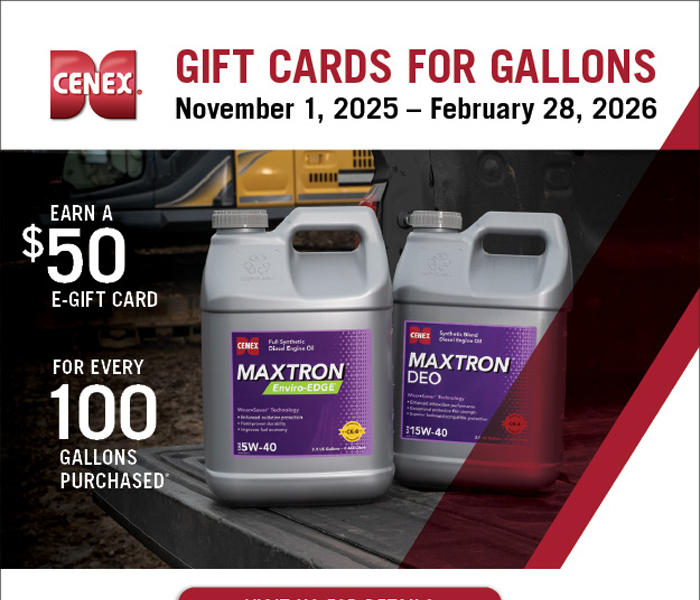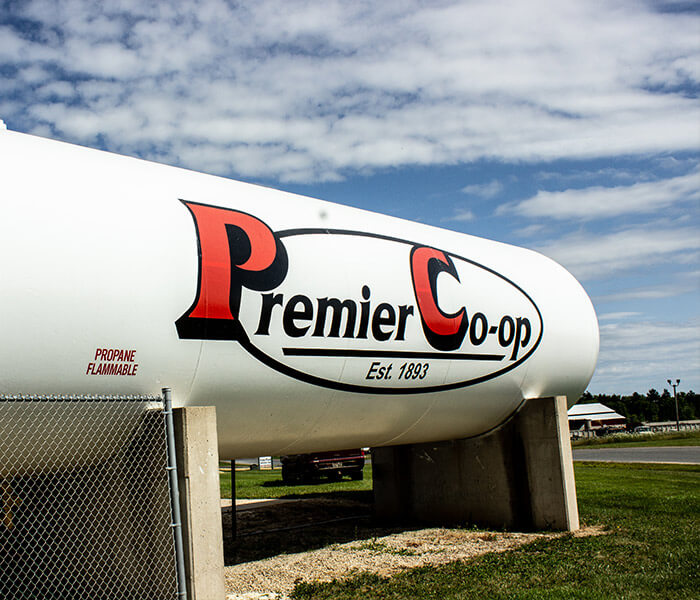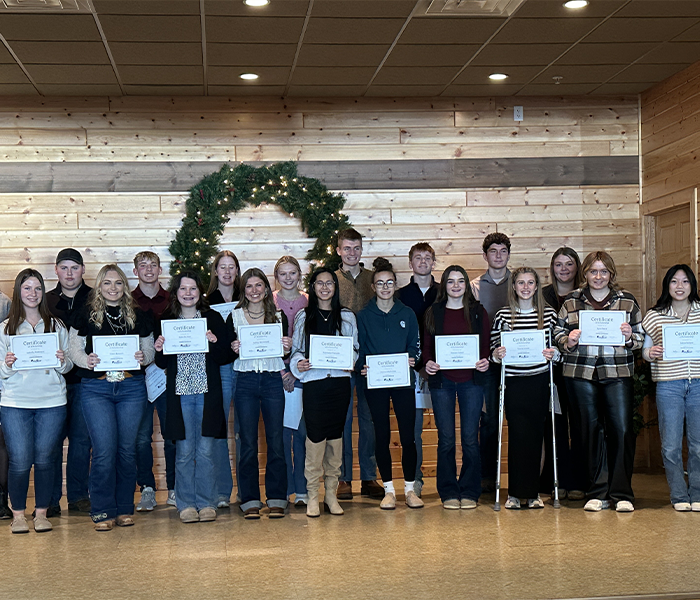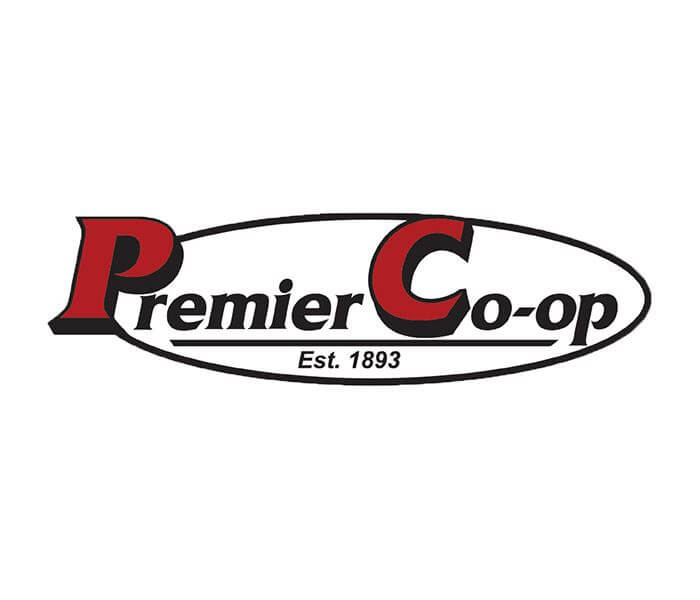November Update
Is it just me or does it seem like we went from summer to winter? I was a bit slow in making my cold weather gear accessible. I went bow hunting and I was pretty sure I was going to break off one of my toes when I pulled off my boots. I learned my lesson and my cold weather stuff is now within easy reach. By the way, no wildlife were harmed in the course of this experience.
Wow, what a difference a year makes! The fall harvest this year is a polar opposite to last year’s harvest. Soybean harvesting is nearly finished and the corn harvest is nearly 50% complete in Wisconsin as I write this. The corn moisture is low so that should cut crop drying expenses.
Since we’re on the subject of expenses, I’ve got a few ways to save you money. If you haven’t done so already, give your heating contractor a call to get your furnace checked out. It could save you a service call in the middle of the night on a weekend, which can be expensive.
Another way I can help save you some money is to inform you of a program if you are installing a new propane water heater. On a new home installation or the replacement of a water heater in your existing home, there is a $200 rebate available through the Wisconsin Propane Education and Research Council. Contact your local Premier Cooperative Energy location to find out more.
Propane school buses are becoming more popular. We are currently servicing several school districts by selling them propane for use in their school buses. At the moment there are $3500 incentives available for buses, fleet vehicles and personal vehicles that use propane. You can save money not only in fuel costs but also in maintenance, and it’s better for the environment. If your school district is thinking about switching their buses from diesel to propane, give us a call and ask for Addison Arndt.
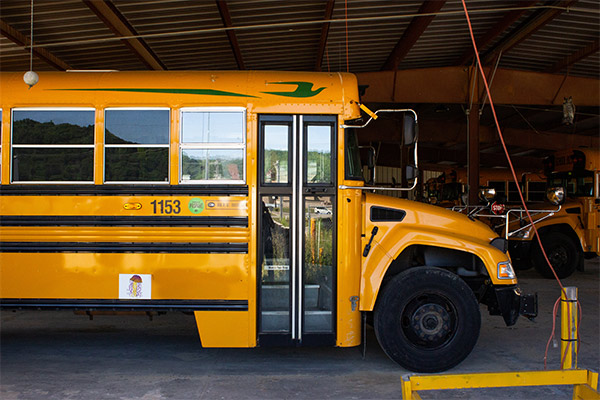
Did you know that your local cooperative is a leader in the propane autogas industry, serving several school districts in Wisconsin? Switching to propane can save you thousands in fuel costs and maintenance and help you reach your goals of environmental sustainability.
With COVID-19 cases spiking in Wisconsin, if you call in for your propane it is imperative that you call in when your tank gets to 30% so that you don’t run out of propane. It will save you money in service charges and it will help keep you and our employees safe from exposure. Every time we are forced to enter a house because a tank is out of propane it increases our employee’s and our customer’s risk of exposure. We can’t eliminate risks in our lives but we can manage them, with your help.
November 11th is Veteran’s Day. If you’re a fellow veteran thank you for your service. Give one or two of your buddies a call and see how they’re doing. There is a strength to those friendships that I struggle to find the proper words to describe. I guess you could say they are brothers from another mother or sisters from another mister.
I hope all of you have a great Thanksgiving. If you are a hunter, good luck with your hunt. Thank you all for your business.
Tim Lease
Division Manager
